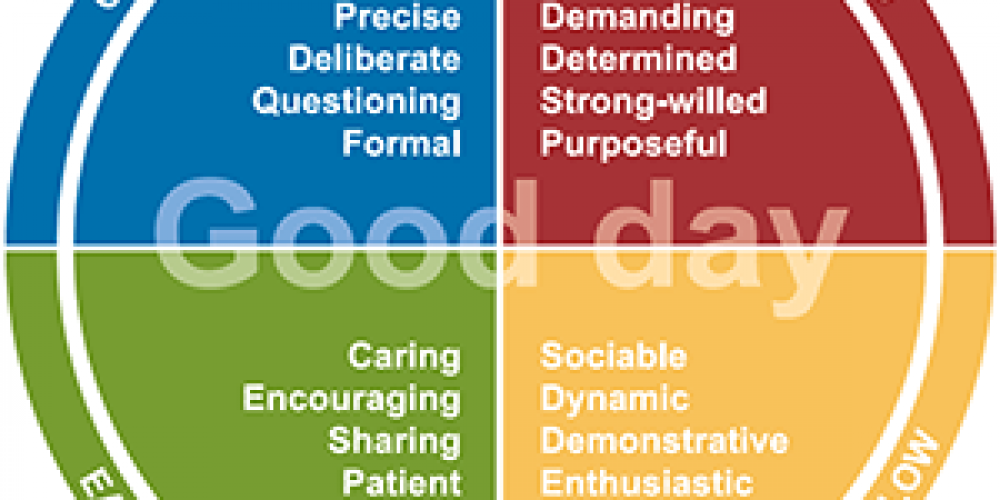Exeter is expected to be the city with the fastest growth in Q4 2023 with resilience to the cost-of-living crisis recession, and 1.3% annual GVA growth forecast. This is up from 0.9% growth estimated in Q4 2022, and puts Exeter in eighth place on the city tracker table for GVA growth in that quarter.
Joanne Caine

Jo joined Cathedral Appointments over 25 years ago and now leads the business alongside Clodagh, who joined the company in 2021. Jo is a local employment expert and a former board member of Exeter’s leading business membership organisation, Exeter Chamber. She is also a Fellow of the Recruitment and Employment Confederation (REC) and has an Associated CIPD membership.
She has a special talent for sourcing expert-level Executive talent and has an amazing knowledge of businesses across the region. Jo mainly works on search projects and has an excellent reputation in identifying key business leaders and board-level talent for her clients. Jo has also garnered a network of connections in both the public and not-for-profit sectors and has developed longstanding relationships with key employers in the area.
Favourite place in the South West: The South West coast path, specifically the rugged north side.
Favourite place to eat: At home with my husband - he is a great cook!
What job would you be terrible at? Anything to do with finance - ask my accountant!
Sectors I work within
- Candidate Sourcing, Search and Selection
- Executive Recruitment - CEO, COO, Director, Senior Management and Leadership roles
- HR Recruitment - HR Directors, HRBP's, Head of HR, HR Managers, Learning & Development, Resourcing, Talent Acquisition
- Salary Advice and Salary Benchmarking
- Specialist Advertising, Talent Attraction Knowledge
- Local Job Market Information

Exeter - a fast growth city with resilience to the cost of living crisis.

Do you really know your team? You might think you do...
Over the summer, Clodagh and I decided we should use a bit of structure to get to know each other better. We engaged the services of the wonderful Jo Redgrave who took us both through Insight Discovery Profiles. So good was the insight we gained about each other, that we decided to roll it out to the SLT here at Cath Apps. How very, very interesting! Having worked with some of my team for more than 17 years I thought I had them fairly well sussed, particularly on what drives and motivates them, but I learnt a lot! We all came together last week to share, learn about our colours and team build - it really was great. I can safely say it was the best team investment we have made (not just financially, but emotionally too) and we will be rolling this out to the wider team early next year.

5 Christmas wishes for the South West jobs market in 2023
Love it or hate it, you can’t deny that the festive season is a time to pause, reflect and set goals for the year ahead. It’s been a turbulent few years, but the South West jobs market has remained strong, and it’s that drive and resilience that will see us through into 2023 too. We asked some of the team what they hope to see in 2023 – and without further ado, here’s what they’ll be wishing for this Christmas…
.jpg)
Plugging the skills gap
Recent figures from the Office for National Statistics (ONS) revealed the lowest unemployment rate across the UK for 48 years, at 3.6 per cent nationwide, and the lowest in the entire UK in the South West at just 2.7 per cent.
.jpg)
Flexible benefits: What are employers offering?
Employee benefits have always been important to employees, but since the pandemic shifted the way we work and the way we think about work/life balance, the benefits employers have to offer matter more than ever.
.jpg)
Do employers really favour candidates with a degree?
Over the years, having a degree has become somewhat of a 'standard requirement' for many jobs – and not just graduate ones! So, we conducted a survey on Twitter and asked Exeter-based employers whether or not they would hire someone without a degree... and the results are in!
.jpg)
Supporting employee retention
More than 6.5 million workers are expected to quit their jobs in the next 12 months with many seeking out better pay, increased job satisfaction and greater work life balance. As a result, the number of open vacancies has also increased rapidly in the past few months.
.jpg)
Talent retention during a turbulent market: Views from our specialists
The job market has been a swinging pendulum for the past two and a half years and it’s caused a lot of uncertainty for clients and candidates alike. However, we’re now entering an era completely led by candidates.
.jpg)
State of the South West Job Market: Reflecting on Q2
I think most businesses will agree with me when I say that the past few months haven’t been the easiest. As we predicted, economic uncertainty continued; inflation rose to a record-high of 9.1 per cent, yet we had surprise growth. Additional turbulence occurred in the UK’s political landscape with a no-confidence vote against Prime Minister Boris Johnson launching in early June.
Is it ever too late to change career?
From the age of 16, we’re expected to know what we want to do with the rest of our lives. Most of us follow a linear path through life, whether it’s doing A-Levels and heading off to university or finishing school and then looking to find a job. We are then expected to stick to that sector until the age of 67 when we retire.
.jpg)
HR – The new superheroes of the boardroom
In March 2020, businesses were thrown into turmoil, facing situations no leader had ever faced before. Overnight, teams were forced to work remotely, and businesses lost huge sums of revenue. In the following months, mental health began to decline, redundancies spiked, 11.7 million people were furloughed and leaders were leaning on HR more than ever before in an attempt to keep their heads above water and to ensure that their teams felt supported in this incredibly turbulent time.
.jpg)
Why do employers still not trust employees?
When Boris Johnson said that working from home isn’t productive because of the ‘distractions of cheese and coffee’, and when Lord Alan Sugar came out and said that the pandemic has ‘unleashed a workshy, entitled culture in which people demand — and are allowed — to work from home’, there’s perhaps no surprise that the business world divided into two.
About cookies
We use cookies on this site to help improve user experience and deliver services. By using this site you consent to the use of cookies.